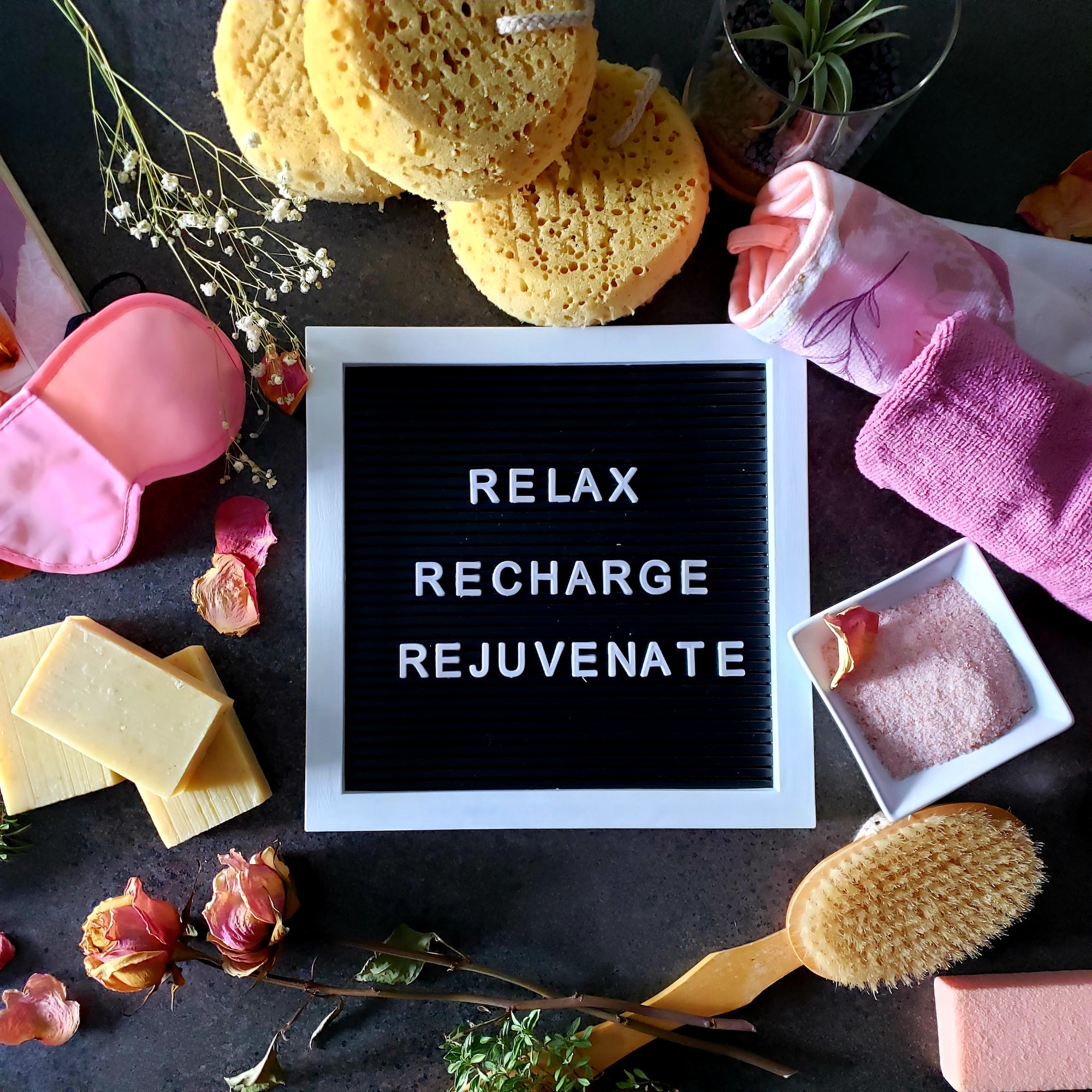
Mental Health, Opinion, Self-Improvement, Society
I make introverts authentic & unstoppable!
Page 1/2

Mental Health, Opinion, Self-Improvement, Society

Mental Health, Self-Improvement

Mental Health, Opinion, Self-Improvement

Health, Mental Health, Opinion, Self-Improvement


Mental Health, Opinion, Self-Improvement


Mental Health, Opinion, Self-Improvement

